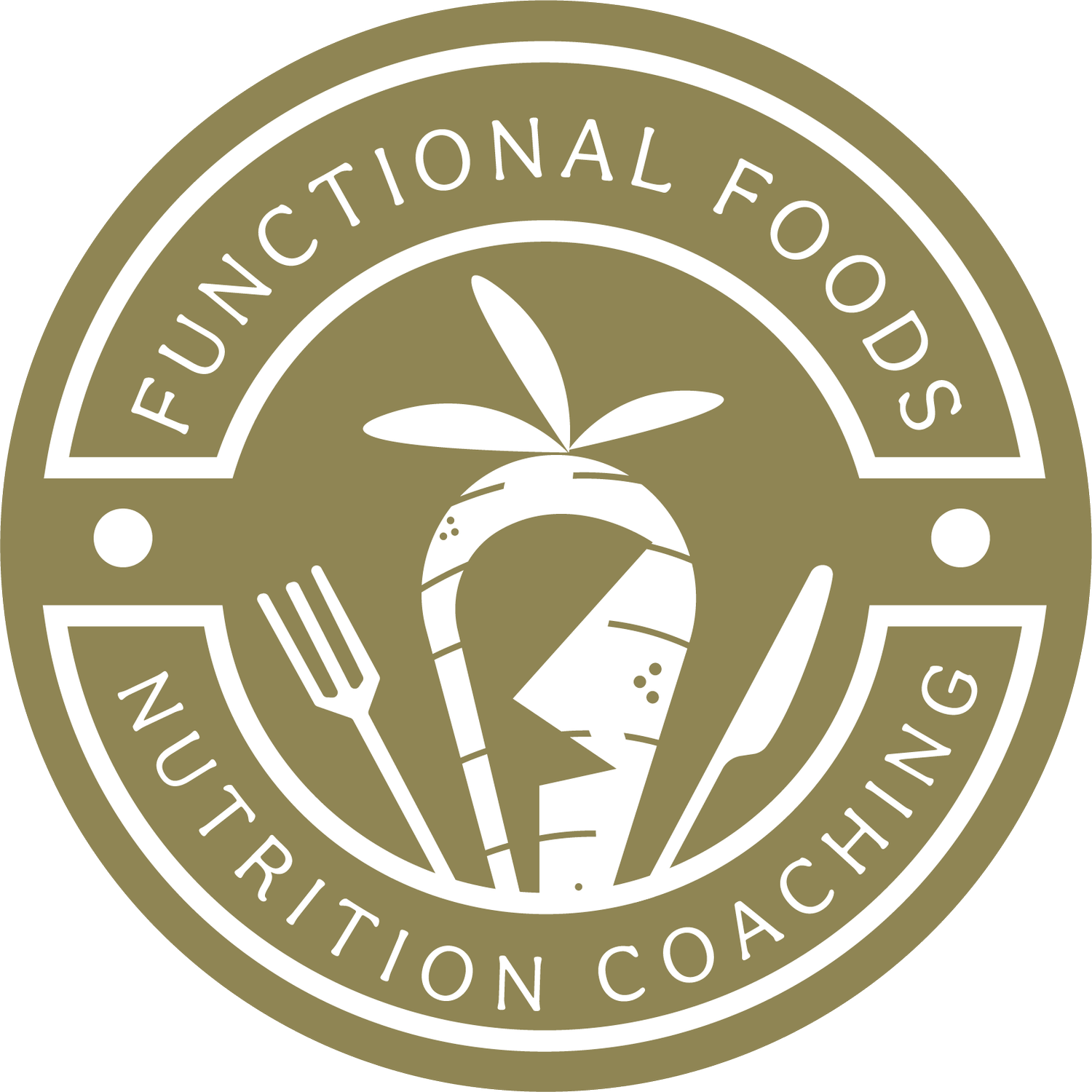What Are Functional Foods?
Functional foods are nutritious, natural, good quality foods that serve a purpose. These foods nourish our bodies from the inside out and support our digestive and gut health.
The human body is an amazing vessel and when we give it the support it needs, our bodies will last a long time.
In this blog post I will focus on the benefits of eating functional foods, some examples and ways you can add these to your meals.
Examples of Functional Foods:
Fruit
Vegetables
Whole Grains
Nuts, Seeds & Legumes
Lean Fish, Poultry and Meat, Eggs.
Benefits Of Functional Foods:
Functional Foods are nutrient dense, and helps to promote growth and repair in the body. These foods can be both plant and animal based.
Look for foods that are natural, alive and good quality as these will support all body functions and promote good health.
Functional Foods are also rich in antioxidants. Antioxidant rich food helps to reduce inflammation and oxidative stress in the body. When their is inflammation in the body due to poor nutrition and lifestyle choices it can lead to poor health in the future and possibly illness.
Plant based Functional Foods such as broccoli, tomatoes, leafy greens, butternut squash and root vegetables such as orange sweet potato, carrots are very high in vitamins, minerals and antioxidants. Including a variety of these foods into your daily diet can help support and repair digestive and gut health.
Fibre is another important component that is found in plant based Functional Foods. Fibre helps to support a healthy gut microbiome, it keeps the gut clean and helps to reduce inflammation. Food rich in fibre include: Blueberries, blackberries, strawberries, nuts, seeds and legumes, whole grains such as quinoa, brown rice, oats, root vegetables and as many rainbow coloured vegetables as possible.
Animal and plant based Functional Foods offer growth and repair for the body. The protein found in these Functional Foods are necessary for the growth and maintenance of muscle, bones, tissue, hormones, immunity, and so much more .
Protein found in functional food is an energy source for the body as it helps to curb hunger. When looking for food options to support digestive and gut health, be sure to include both animal and plant based Functional Foods.
Ways To Add Functional Foods To your Diet:
Breakfast: The structure of this meal is very important as it sets the tone for the rest of the day. A breakfast high in protein and complex carbohydrates/fibre will keep you satiated throughout the morning and curb that hunger that can sneak up on us when our first meal is high in sugar.
Lunch: This meal can be a bit bigger and can be made up of good quality protein, complex carbohydrates and healthy fats.
Snack: A small snack between meals may help to keep your blood sugar balanced and give you the necessary energy between meals. This is usually small and is comprised of protein, fibre/healthy fats.
Dinner: This meal should be more complex carbohydrate based with a smaller amount of protein and healthy fats. Our bodies repair when we have good quality sleep. The carbohydrates will aid sleep.
Key Take Away:
Functional Foods can provide a great benefit to the body. Try to include a variety of these types of foods at every meal and in your snacks.
A body that is fed and nourished well will last a lifetime without the ailments that so many people suffer with today. When a body is malnourished with poor quality foods that are highly processed and high in added sugars the body sends us signals. These signals can present as bloating, reflux, mood swings, hormone imbalances and more…. Listen to your body and nourish it as best you can.
Learn More on how you can add Functional Foods to your diet
References:

